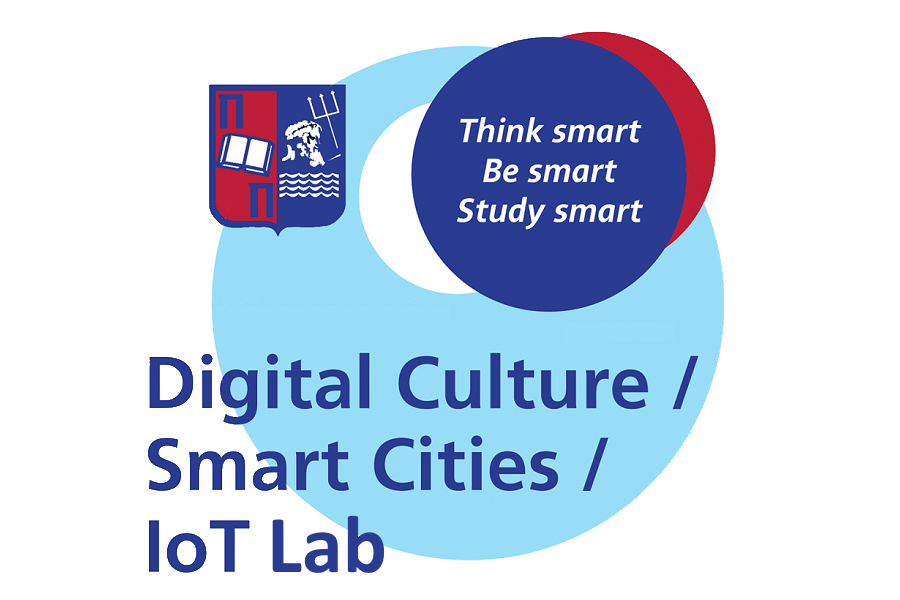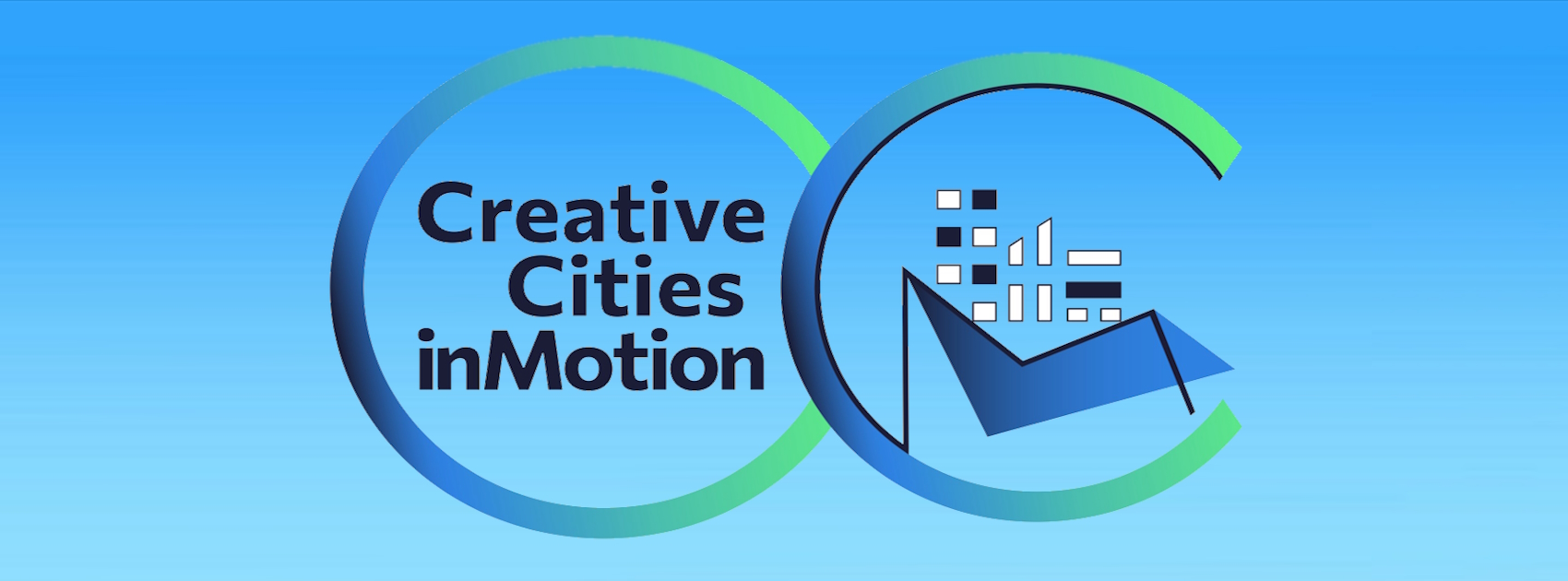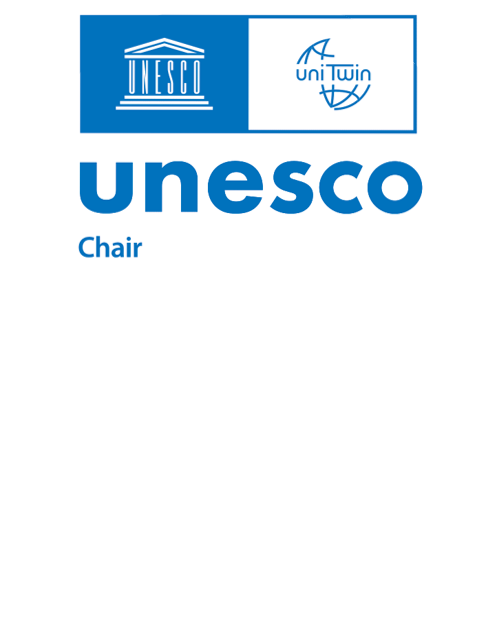Chair's Profile
When envisioning the future of urban landscapes, the concept of creative People-Centered smart cities emerges as a transformative and innovative paradigm. At its core, this approach places creativity and well-being at the forefront of urban development, harnessing ICTs to enhance the quality of life for citizens. Creative People-Centered smart, secure and sustainable cities prioritize dynamic and collaborative spaces, fostering a culture that nurtures imagination, innovation, and diverse forms of expression.
The subject and the mission of this UNESCO Chair in "Creative Cities in Motion Urban Sustainable Mobility and Utilization of Cultural Resources” aims inter alia to foster knowledge and advance research on smart human-centric cities and settlements, sustainable urban mobility, while enhancing cultural heritage and the peri urban environment, which are integral elements of the transformation of creative cities and communities in the 21st century.
The Chair’s core vision is to set the basis in Higher Education and Society for a better understanding of today’s shift from digital cities to people centered smart and sustainable eco-cities for all ages that will be digitally inclusive, secure, accessible and yet creative! The creative people-centered smart city is a living canvas where ICTs act as an enabler. It is a symbiotic relationship between the urban landscape and its citizens, where the city becomes a dynamic platform for the continuous exchange of ideas, inspiring a shared commitment to shaping a more sustainable and vibrant future.
The Chair is aligned with the principles, procedures, and functions of the
UNITWIN/UNESCO Chairs Programme and is intended to be a centre of action in the areas of
Education,
Research, and
Innovation. In view of the above, this UNESCO Chair
focuses its study and research on the dynamic nature of creative people-centered smart, secure and sustainable cities. The objectives of its operational agenda are also focusing on
ensuring quality Equal Education,
by advancing Postgraduate education within the Chair’s study fields and on
enhancing advanced digital technology skills for all, through sustainable partnerships.
|
Impact
Drawing lessons from the COVID-19 crisis, we find ourselves in a landscape where smart cities and digital culture converge to create more inclusive, accessible, and participatory urban environments. The Chair’s principal vision is to contribute to the creation of a positive change in the lives of citizens. The challenge doesn't primarily reside in implementing technological infrastructure but rather in shifting the mindset of citizens. Motivation is crucial for convincing people, and as such, the Chair aims to exert a substantial influence on an inter-national scale. The planned actions will monitor the effectiveness of the Chair’s outcomes, as well as their benefits in Higher Education.
The added value of the Chair lies in its uniqueness since there is no Chair with a similar theme in Greece and less than 10%* of the Chairs worldwide are related to its theme. [*Based on the study of the data officially announced by Unesco in the LIST Of UNESCO Chairs for the year 2022]
|
Chair’s focus to the SDG’s |UN Sustainable Development Goals, Agenda 2030.
The Chair aspires to make a meaningful contribution to UN Sustainable Development Goals (SDGs) 4 “Quality Education”, 5 “Gender Equality”, 9 "Industry Innovation and Infrastructure", 11 “Sustainable Cities and Communities”, 13 “Climate Action” and 17 “Partnerships for the Goals” through its endeavors.






The Chair aspires to make a meaningful contribution to UN Sustainable Development Goals (SDGs) 4 “Quality Education”, 5 “Gender Equality”, 9 "Industry Innovation and Infrastructure" and 11 “Sustainable Cities and Communities”, 13 “Climate Action”, 17 “Partnership for the Goals” through its endeavors.
The Chair’s activities and initiatives are also aligned with the values of UNESCO as well as the UNESCO’s Medium-Term Strategy 2022-2029 (41 C/4). (Strategic Objective 1 | Outcome 1, Strategic Objective 2 | Outcome 4, Strategic Objective 4 | Outcome 8.)
Professor Dimitrios D. Vergados during the 30th anniversary of the UNITWIN/UNESCO Chairs Programme at the UNESCO headquarters in Paris |November 2022














